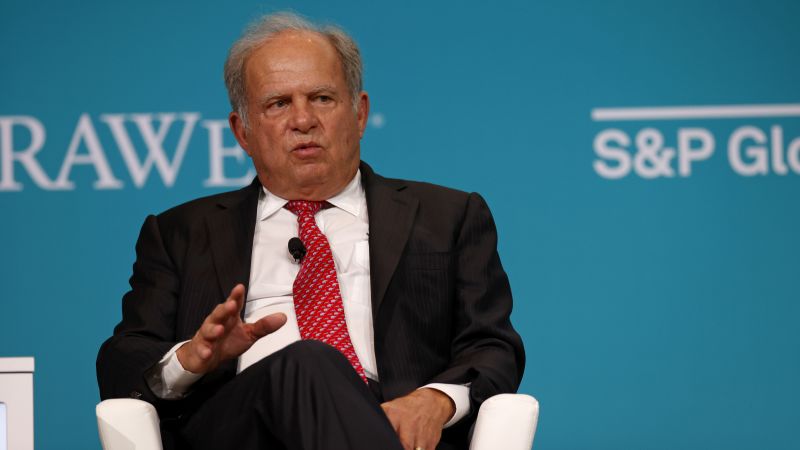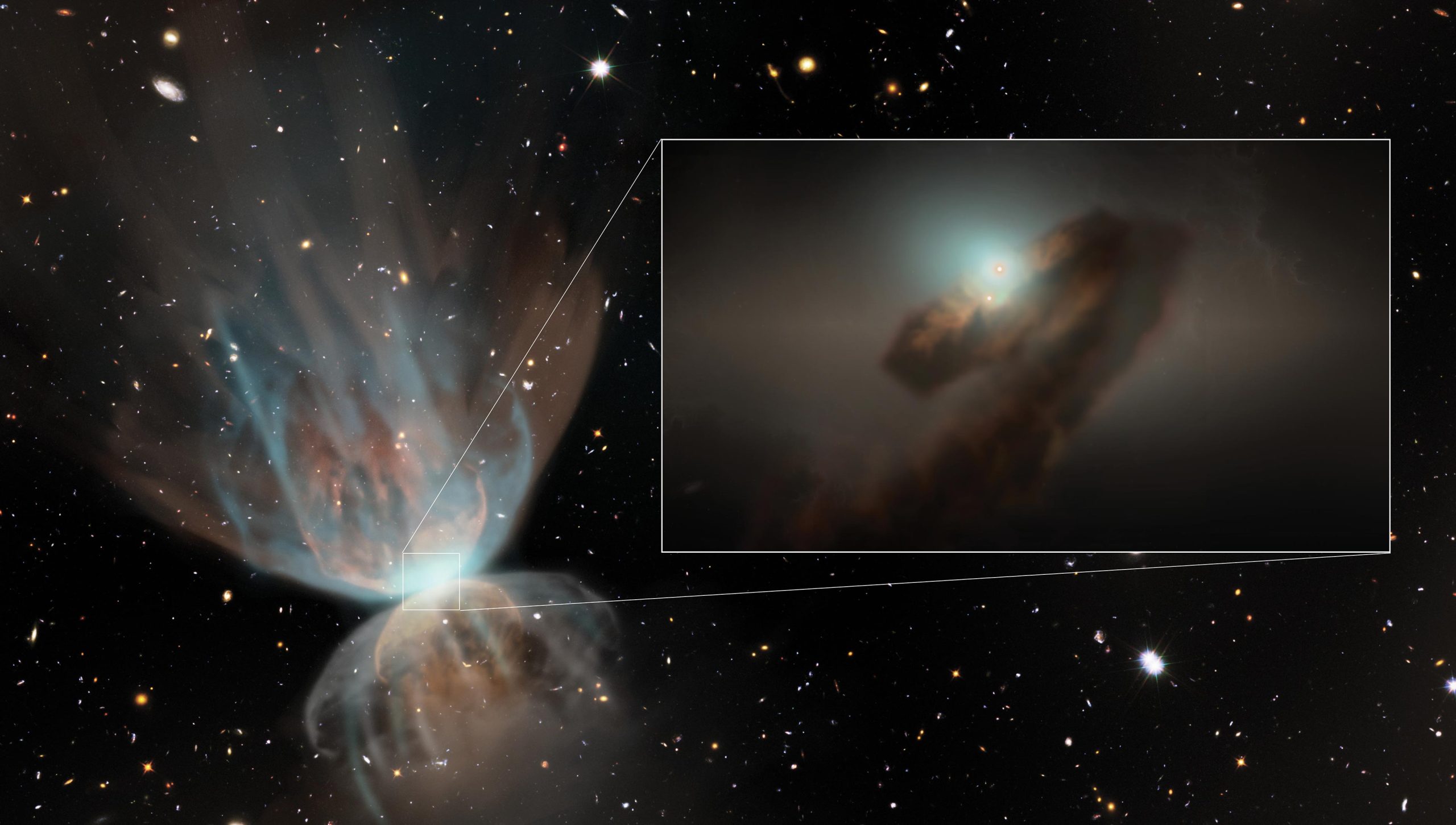DOHA (Reuters) – Qatar on Tuesday sealed its second major gas supply deal with a state-controlled Chinese firm in less than a year, putting Asia ahead of the race to secure gas supplies from Doha’s massive production expansion project.
China National Petroleum Corporation (CNPC) and Qatar Energy have signed a 27-year agreement, under which China will buy 4 million metric tons of LNG annually from the Gulf Arab country.
Saad Al-Kaabi, head of Qatar Energy, said at the signing that CNPC will also acquire a stake in the eastern expansion of the LNG project in Qatar.
The stake is equivalent to 5% of one LNG train with a capacity of 8 million metric tons per annum.
“Today we are signing two agreements that will strengthen our strong relations with one of the most important gas markets in the world and the main market for Qatari energy products,” Al-Kaabi said.
In a similar deal, Qatar Energy entered into a 27-year supply agreement with China’s Sinopec in November for 4 million metric tons per year. The Chinese state-owned gas giant also acquired a stake equivalent to 5% of one LNG train with a capacity of 8 million metric tons per year.
Asia, which has an appetite for long-term buy and sell agreements, has overtaken Europe in securing supplies from Qatar’s two-phase expansion plan that will raise its liquefaction capacity to 126 million metric tons per annum by 2027 from 77 million.
Tuesday’s deal will be Qatar Energy’s third to supply expanding LNG to an Asian buyer.
Kaabi said other Asian buyers were also in talks about stakes in the expansion.
Deals with “value-added partners”
Qatar is the world’s largest exporter of LNG, and competition for LNG has intensified since the start of the war in Ukraine, with Europe in particular needing massive amounts to help replace Russian pipeline gas that used to make up nearly 40% of the continent’s imports. .
Reuters had previously reported that CNPC was close to finalizing a deal to buy LNG from QatarEnergy over its nearly 30-year North Field Expansion Project.
Qatar Energy had previously said it might give up up to 5% of its stakes in Qatargas associated with the expansion of its northern field to what Al-Kaabi, the Gulf state’s energy minister and CEO of Qatar Energy, described as “value-added partners”.
In April, China’s Sinopec became the first Asian energy company to become a “value-added” partner in the project.
Qatar Energy also signed equity partnerships in the project with international oil companies, but said it plans to keep a 75% stake in the North Field expansion, which would cost at least $30 billion and including building facilities to export the liquefaction.
As Beijing’s relations with the United States and Australia, Qatar’s two biggest LNG export rivals, sour, Chinese national energy companies increasingly see Qatar as a safer target for resource investment.
Kaabi said the Qatar Investment Authority, the country’s $445 billion sovereign wealth fund, will manage most of the proceeds from the North Field expansion.
“I think the majority of the proceeds from what will come from this North Field expansion will go to the Qatar Investment Authority’s Future Generation Wealth Fund… making sure to take care of the Qatari people and the people who live in Qatar.”
Additional reporting by Andrew Mills in Doha and Maha El Dahan in Dubai, as well as Naira Abdullah and Kanjik Ghosh. Written by Andrew Mills; Editing by Kim Coghill, Christopher Cushing, and Emilia Sithole Matares
Our standards: Thomson Reuters Trust Principles.

“Typical beer advocate. Future teen idol. Unapologetic tv practitioner. Music trailblazer.”






/cloudfront-us-east-2.images.arcpublishing.com/reuters/DKKDF6USDJNY3LU3QSVUAMVNLY.jpg)
More Stories
Scott Sheffield: The American oil tycoon is accused of trying to conspire with OPEC to inflate prices
Stocks rise as fears of a Fed rate hike fade, with Apple in the lead
Couple Accidentally Shipped Their Cat With Amazon Returns – 1 Week and 3 'Miracles' Later They Were Reunited